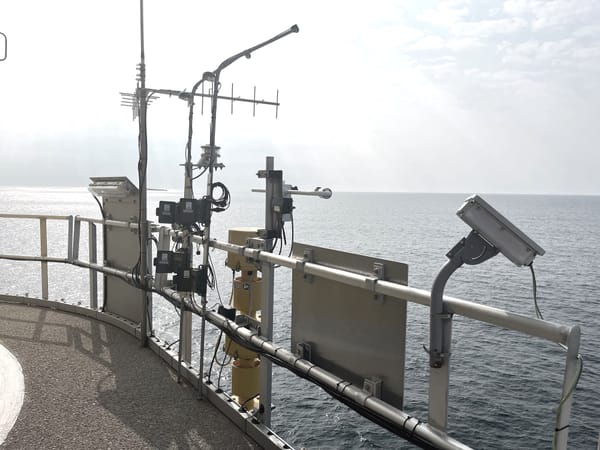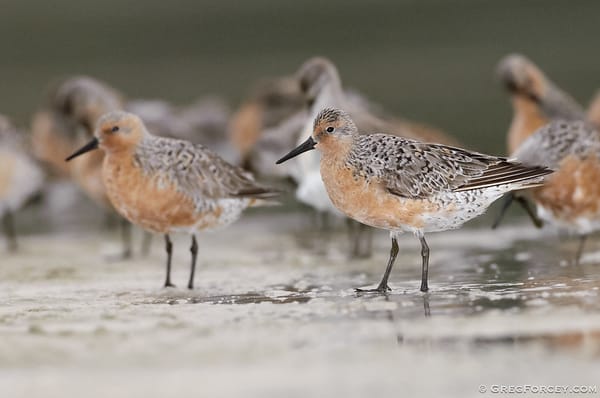
Wind-Wildlife Research
Combining remote sensing technologies makes wind turbine impacts easier to study
Combining multiple sensors when surveying wildlife can improve data quality.

Wind-Wildlife Research
New research suggests limited effectiveness of ultrasonic deterrents for bats at wind facilities

My Research
Variation in bat activity from year to year and within years could influence collision risk from offshore wind turbines.

Regulation
Proposed changes to environmental laws often negatively impact the ecosystems and animals they are trying to protect. Here, I provide guidance for submitting comment letters for proposed rule changes so they have maximum credibility when they are reviewed by regulators.

Variation in bat activity from year to year and within years could influence collision risk from offshore wind turbines.

Offshore wind bird and bat post-construction monitoring with Acoustic and Thermographic Offshore Monitoring (ATOM)

Smart curtailment technology reduces bat mortality by shutting down turbines when bats are present and wind speeds are moderate

We collaborated with a wind developer and the US Fish and Wildlife Service to develop an Eagle Conservation Plan for an Oklahoma wind facility.

We present a model for predicting electrocution risk of bald eagles and wood storks on distribution poles in Florida.

Landscape spatial models inform collision risks for birds and bats in the central United States
Wildlife, renewable energy, and monitoring technology

Meta-analysis across eight wind facilities shows curtailment to be an effective approach for reducing bat collisions

Research identifies the most important topics to improve understanding of offshore wind's impacts on birds and bats

Painting wind turbine blades in a different color has shown promising results for reducing bird fatalities.

A summary of the new 2024 federal regulations for permitting incidental take of bald and golden eagles

How bird and bat conservation strategies are used in wind energy projects

When and why a biological assessment is needed when permitting an energy project

The best subreddits for wildlife professionals and the types of content they offer

Offshore wind bird and bat post-construction monitoring with Acoustic and Thermographic Offshore Monitoring (ATOM)

My summary of a YouTube video describing blogging guidelines for scientists communicating research to the general public

My summary about a YouTube video on tweeting for science and sustainability

ThermalTracker-3D uses thermal and visible-light cameras and image recognition software for bird and bat activity monitoring offshore.

On March 31, 2023, the northern long-eared bat became listed as an endangered species, primarily due to population declines from white-nose syndrome.